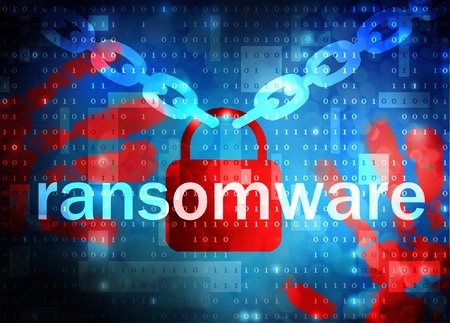The Ottawa Hospital has confirmed its computer network was infected with ransomware this week, as four of its 9,800 machines were affected. In another Medical Ransomware scenario, the healthcare industry has once again been hit by encryption of files and demands for payment.
As reported by CBC News, the computers were struck by a virus that saw their files and data encrypted. The hospital’s administrators were forced to pay $17,000 in Bitcoin to unlock the information, but it is believed that no patient data was compromised.
“The malware locked down the files and the hospital responded by wiping the drives,” said Kate Eggins, a spokeswoman for the hospital. “We are confident we have appropriate safeguards in place to protect patient information and continue to look for ways to increase security. We would like to reiterate that no patient information was obtained through the attempt.”
The infection to The Ottawa Hospital’s computers comes at a time when Ransomware is on the rise, typically spread through malicious malware sent via spam emails.
This latest cyberattack comes just a month after a similar incident at the Hollywood Presbyterian Medical Center, based in Los Angeles. In that case, criminals demanded 9,000 Bitcoins (approximately $3.6 million) to unlock the computers.
Meanwhile, a new mac ransomware dubbed KeRanger was found to be infecting Apple OS X last week, spread via the BitTorrent app Transmission.
According to ESET’s latest trends report, (In)Security Everywhere, Ransomware attacks are only likely to increase in 2016. These types of malicious software have grown in popularity because they offer cybercriminals the opportunity to make “significant profits”, while the growth in the number of internet-connected devices means a greater variety of devices are open to attack.
As ever, it’s strongly suggested that users should be on their guard at all times, particularly when receiving emails from unknown sources.
Our take:
“We are confident we have appropriate safeguards in place to protect patient information and continue to look for ways to increase security. We would like to reiterate that no patient information was obtained through the attempt.” – Sorry Kate Eggins – you’re DELUSIONAL. If 4 of your computers can get infected – to think that patient data was not at risk is pure delusion.
[css_call_to_action call=”newsletter”]

